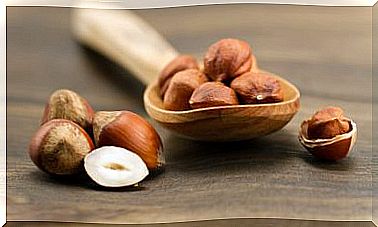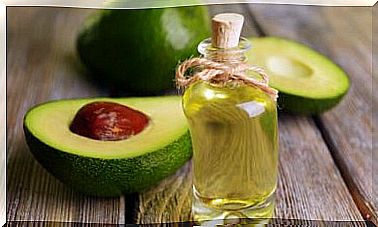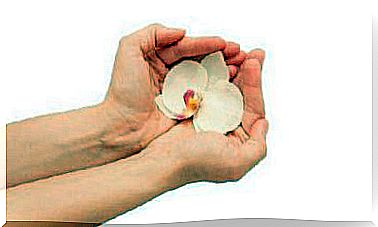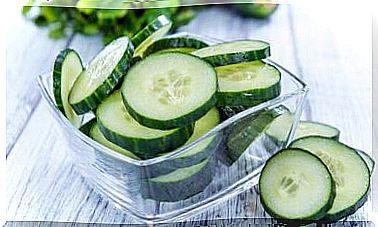The Nutritional Benefits Of Lychee Or Chinese Grape
The lychee, also called the Chinese grape, is a tropical fruit native to the south of that country. It has a heart shape and a reddish, hard and thin shell. When peeled, it reveals a juicy and whitish pulp, with a sweet and perfumed flavor, which surrounds a hard, brown seed.
Lychee nutrients
Vitamin B
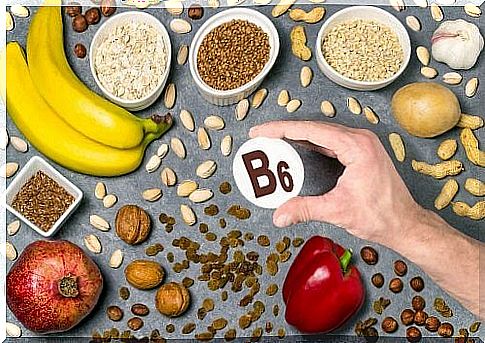
Litchi is a fruit rich in vitamin B2 and B6. Vitamin B2 would help metabolize carbohydrates and fats, while vitamin B6 would also help metabolize proteins, maintain the functionality of nerve cells and, in addition, it would be essential for a healthy immune system.
Vitamin C
They are an interesting source of vitamin C, since 100 grams of this fruit provide approximately 71.5mg of this vitamin (the recommended daily allowance is between 65 and 90 grams).
This vitamin, also known as ascorbic acid, is necessary for the growth, development and repair of body tissues, also to build collagen in the body and contribute to the absorption of iron.
On the other hand, some studies indicate that it could be useful for having good cardiovascular health, and preventing minor infections.
Potassium
The lychee also provides potassium to the body. Various studies gathered in an article from the National Institutes of Health indicate that this mineral:
- would help lower blood pressure
- increase the mineral density of the bones
- it would reduce the risk of type 2 diabetes mellitus, if consumed regularly and regularly.
Polyphenols

On the other hand, lychee contains polyphenols that act as antioxidants and, according to data from a 2009 study, would help counteract the effects of free radicals, helping to prevent:
- The aging.
- Cancer.
- Diabetes
- Heart disease.
Some research suggests that polyphenols could be used to inhibit the growth of breast cancer and liver cancer cells as well. However, more studies are needed in this regard.
Finally, an article published in The Open Biotechnology Journal points out that polyphenols could help fight obesity and type 2 diabetes.
Fiber
A 1-cup serving of litchi fruit contains 2.5 grams of fiber, which is 10% of the recommended daily intake. Adequate fiber intake would help:
- Lower cholesterol
- Keep the digestive system in good condition.
- Reduce the risk of heart disease and cancer.
Of course, more research is needed to obtain conclusive data to ensure these possible benefits of regular, daily fiber intake.
Fats

Litchi contains small amounts of fat. One cup of this fresh fruit provides 125 calories, and although it does contain significant amounts of sugar, it is naturally derived.
You just have to be careful with canned or syrupy lychees, which often contain high amounts of sugar.
In summary…
Litchi consumption is quite popular in Southeast Asia and China. Although they are not as common in other countries, they have been gaining fame for their interesting content of nutrients such as vitamin C and antioxidants.
While more studies are required to support the health benefits of litchi, it is generally suggested that they would strengthen the immune system and lower the risk of chronic diseases. Have you tried them?

